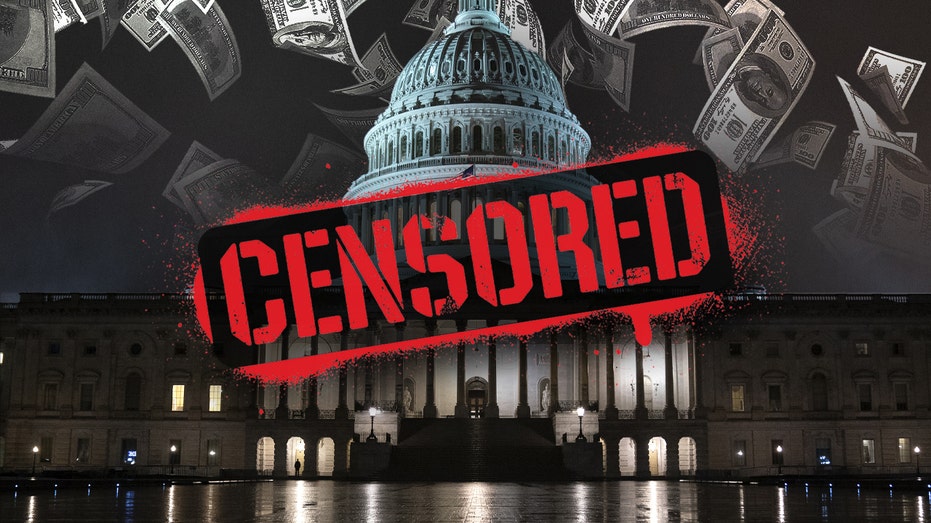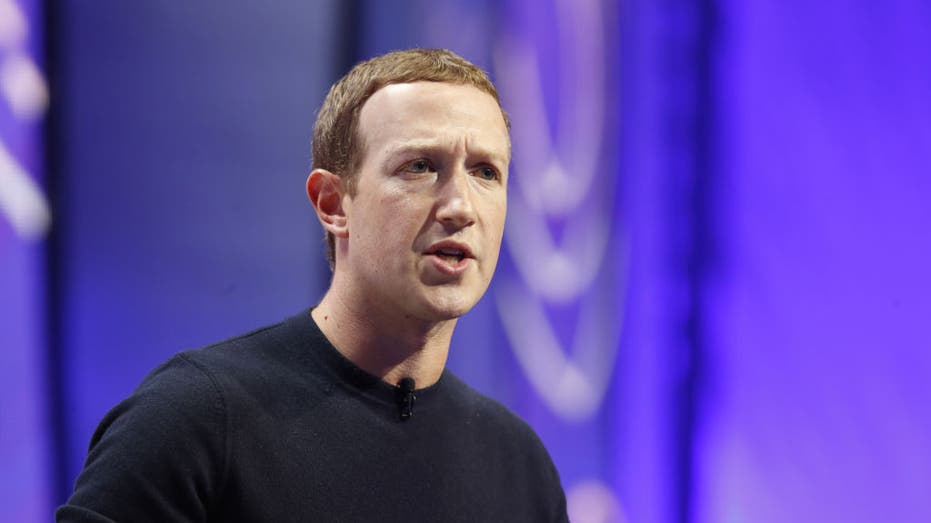I've worked for Microsoft, Facebook, Twitter, and Amazon. Here are 3 mistakes I made early in my career.
Courtesy of Deel
- Aaron Goldsmid, head of product at Deel, has previously worked for Facebook, Amazon, and Twitter.
- Early in his career, Goldsmid said he over-indexed on emulating senior leaders.
- He also said he focused more on hitting OKRs than investing in relationships.
This as-told-to essay is based on a transcribed conversation with Aaron Goldsmid, a 44-year-old from San Francisco about mistakes he made early in his career. Business Insider verified his previous employment at Microsoft, Facebook, Twitter, and Amazon with documentation. The following has been edited for length and clarity.
I had a somewhat atypical journey into tech. My parents were Broadway performers, and I was the first person in my family to go to college.
I became interested in computer science in high school and broke into tech straight after studying computer science at Columbia.
Through the college recruiting process, I got a job at Microsoft in 2002 and spent nearly six years there, largely working in the security space.
During the 2010s, I held tech roles at Amazon from 2011 to 2012, Facebook from 2012 to 2014, and Twitter from 2014 to 2015, as well as working at several smaller companies.
I've been fortunate to work at some of the most iconic tech companies during interesting periods. I've taken tools from each opportunity and now apply them to my current job as the head of product for Deel, a payroll and HR platform.
Because my parents didn't have 9-to-5s, I sometimes struggled to determine how to succeed in the corporate world. I didn't have anyone telling me about things like checking boxes to get to the next level in my career and how frictional relationships can impact the workplace.
Now that I have two decades of career experience under my belt, I understand how to avoid some of the mistakes I made early on and plan a career more intentionally.
Mistake 1: Thinking one job ahead instead of two
When I informally coach folks about careers, I usually advise them to think two jobs ahead.
Instead of thinking about what you dislike about your current job and whether your next role will solve that, think two jobs ahead. I tell early career techies to ask themselves how their next role will get them to the role after that.
After leaving Microsoft, I moved from Seattle back to New York, where I grew up. I wanted to secure a job in the city, and because the tech scene wasn't as mature in New York in the early 2000s, I took a role at NBCUniversal, helping build their video streaming service.
I did good work in that role, but I'm not sure it necessarily advanced my career. I then joined a startup because they gave me a very fancy title, but I ended up leaving before completing one year because I felt there were problems at the company, and I realized I'd chased a title instead of thinking things through.
As I advanced in my career, I knew I needed to focus on the skills I needed to acquire rather than the prestige of a position.
When I joined Kiva, a microfinance nonprofit, in 2018, I didn't view it as a permanent job. I took the job to gain skills outside a product and engineering capacity.
During my time there, I learned about business development and communicated with UN officials and central bank leaders. Not only did I get to experience the challenges faced by other teams, but I also got to know different contours of the product, business, and customer experience.
When I moved into my next role, a general manager at the communications company Twilio, I had a broader scope of experience and could operate more effectively.
You can accelerate quickly into a senior role, but taking a less fancy role and diversifying your experience might mean your upside long-term is much higher. If you're thinking two jobs ahead, evaluate what opportunities will help you more in the long run. It's a marathon, not a sprint.
Mistake 2: Not investing in relationships
Early in my career, because I didn't know how corporations worked, it was easy to think that everyone in a company was aligned and felt the same way, which is foolish.
When I worked at Twitter on their growth team, my job was to play in other people's sandboxes and tweak things. The company was having a difficult growth time, and we had to be hyper-focused on hitting our OKRs. This sometimes came at the detriment of my team's relationship with the rest of the product engineering org.
We had to step into other team's territories and move quickly. I felt I needed to hit a goal at all costs, and the problem was "at all costs." We often weren't on the same page as that team and had to go back and repair relationships afterward. In hindsight, I needed to do a better job of explaining why we were doing something from the outset.
Not everyone is trying to achieve a company's mission in the same way, and so by investing in relationships, you can more clearly communicate how you align with others in a company. Even if they don't align with you, they'll respect your process.
Mistake 3: Over-emulating senior leaders
Early in my career, I didn't have a role model in the corporate environment, so I questioned what "good" looked like and how I should show up.
Folks who are early in their career will often look at people who they think are successful and think, "I want to be just like them."
But sometimes, early-career workers have a hard time distinguishing the reasons for a person's success from their bad habits. They might not know things that the company has been willing to work around or that hold that person back.
Early in my career, I over-indexed on emulating senior leaders. For example, I'd see some of them making sweeping statements like "This is the future, or, this isn't the future." They can get away with that because they've proven themselves, but I'd do the same, and it would fall on deaf ears. I hadn't yet earned that level of credibility and still needed to "show my work" before I earned that trust.
As a senior leader at Deel, I'm very conscious about how I present myself to early career folks. In larger meetings, I remind myself that there will be people on the call who view my role through a limited set of interactions. I don't want to pass on any bad behavior or shortcomings for them to emulate.
Do you have a career story you want to share with Business Insider? Email [email protected]









